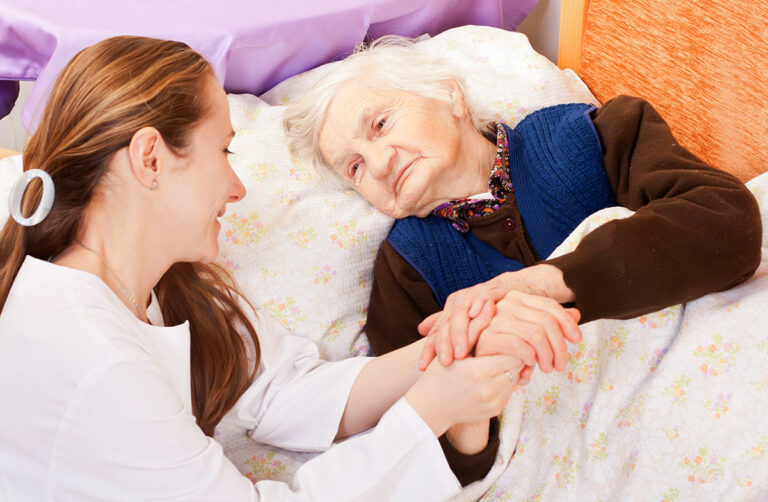

Caregiving - Among adults living in someone else's household, 14% were the parent of the head of household in 2017. That number is an increase from 7% in 1995, according to the Pew Research Center.
"While the rise in shared living during and immediately after the recession was attributed in large part to a growing number of millennials moving back in with their parents, the longer-term increase has been partially driven by a different phenomenon: parents moving in with their adult children," according to the Pew report.
US News and World Report’s recent article entitled “When Your Elderly Parents Move In With You” says that if your children also return home after college, you might wind up supporting your children and your parents at the same time.
The critical thing to do is to make a plan. Discuss your goals, the finances and the possibilities, which includes caregiving by in-home care or nursing home care. Let’s look at how to care for aging parents in your home.
Get Financially Prepared. When Mom and/or Dad moves in, it will add new costs to your budget. In addition to health care for aging parents, the most disruptive implications are often the financial cost of supporting another dependent and having the space to accommodate them in the household. Talk about whether your parent will be contributing Social Security income or other retirement assets toward household expenses.
Think About Hiring Extra Help. Caring for a parent with significant health problems who needs help with basic living tasks can quickly become overwhelming for an adult child with children and work responsibilities. An aging parent might need around-the-clock care. A home health aide could be brought in during work hours or there’s also adult day health care services. However, these costs can add up. It’s not uncommon for the child who is caring for a parent to scale back his or her own career to accomplish both tasks.
Plan Before They Move In. Begin the discussion about the transition as early as you can. It can be doubly stressful to be executing a move in the middle of a crisis or urgent situation, like a health emergency or the death of a parent.
Remember that your parent in the house means you may need to schedule their activities and medical appointments. This can take time away from normal family routines.
Reference: US News and World Report (Aug. 30, 2020) “When Your Elderly Parents Move In With You”
The 15 minute initial phone call is designed as a simple way for you to get to know us, and for our team to learn more about your unique estate planning needs.

